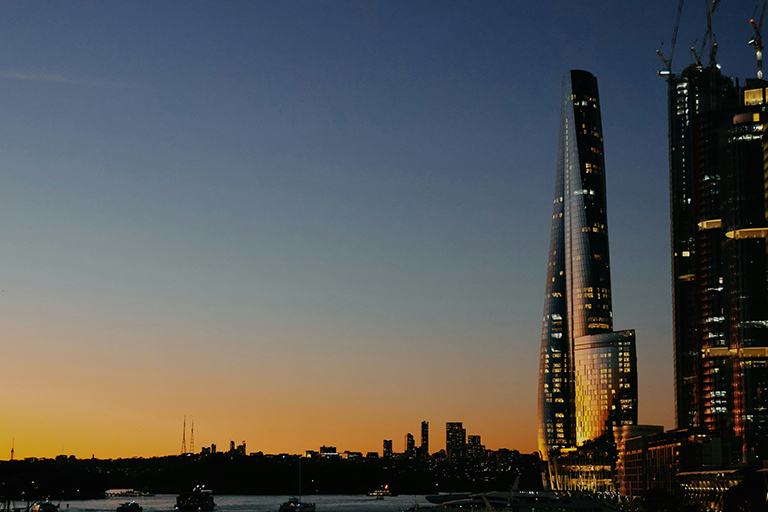
Hotel news: New and evolving properties in Sydney, regional NSW and the Sunshine Coast
Crown Sydney has achieved a sustainability first, there’s a new glamping option at a conferencing retreat in the

Crown Sydney has achieved a sustainability first, there’s a new glamping option at a conferencing retreat in the
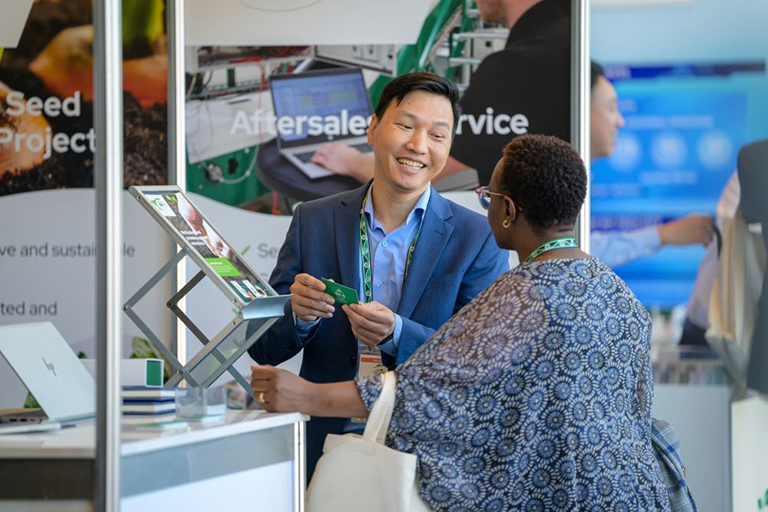
The first of New Zealand’s major cities to get a convention centre will be reaping the benefits next
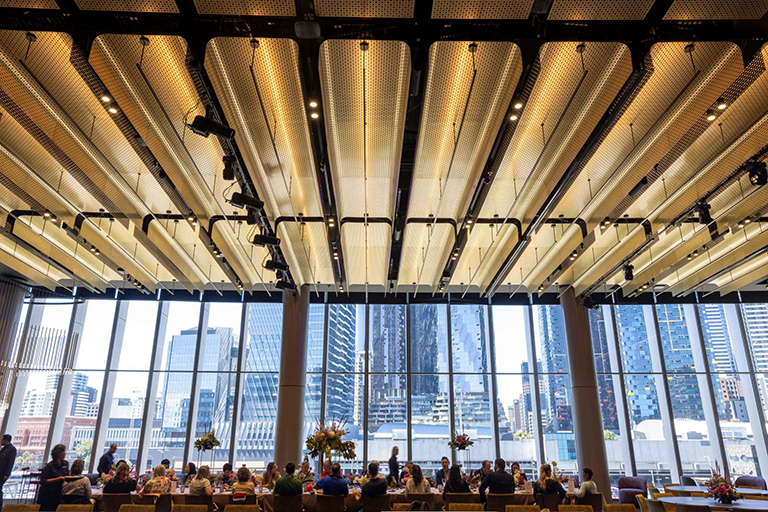
From a beyond luxury bus to unexpected new spaces at Marvel Stadium and the gentle wonder of BBC
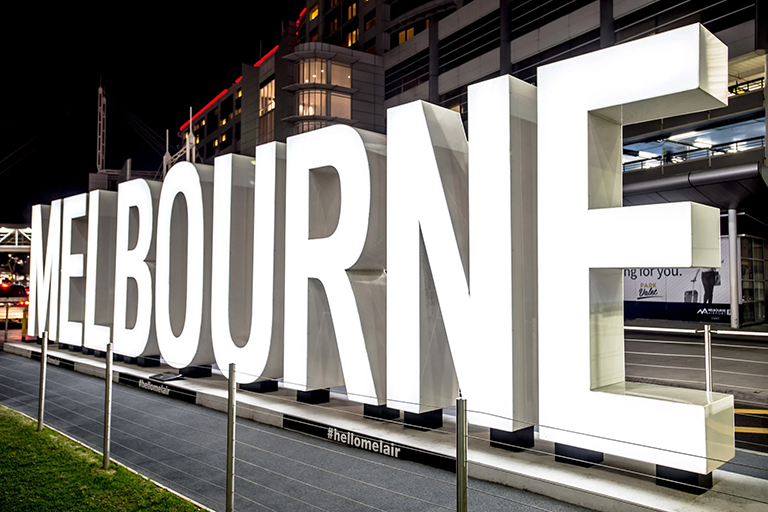
Statistics show a return of the Chinese visitor market to Melbourne as the city gains a new air
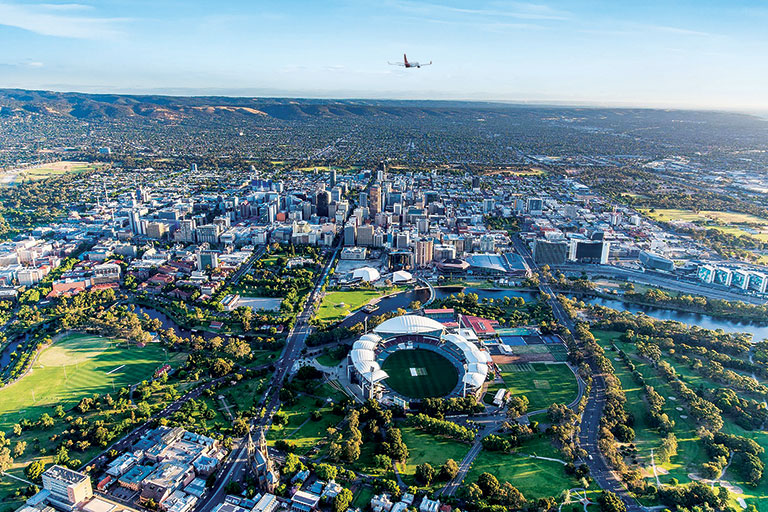
Adelaide has joined the growing number of Australian cities in the Global Destination Sustainability Movement (GDS-Movement).
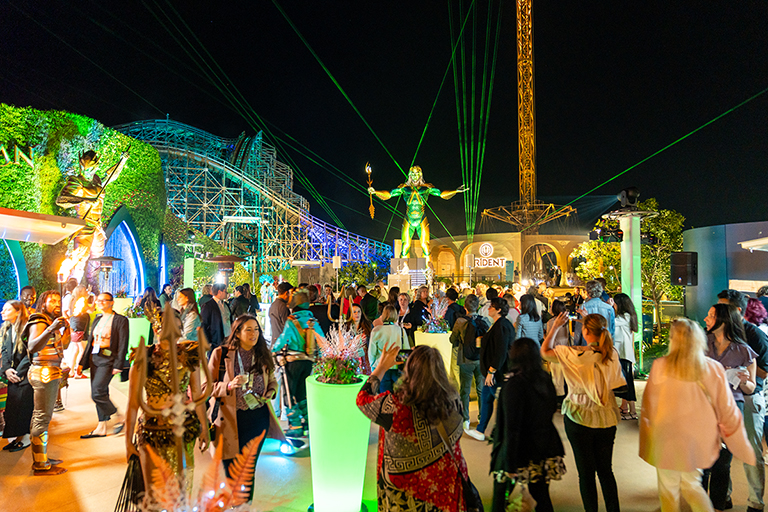
Applications have opened to join the Gold Coast’s mega business events famil in July.
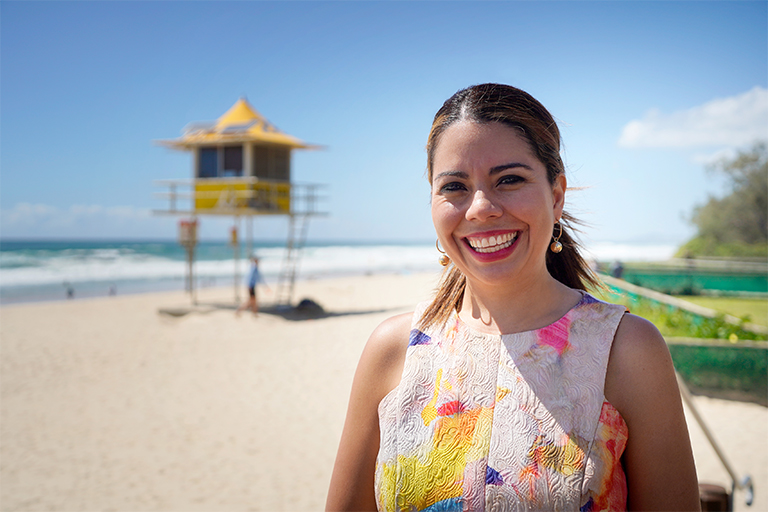
Self-described as a “Queenslander through and through” Patricia O’Callaghan left her home town of Mount Isa to study
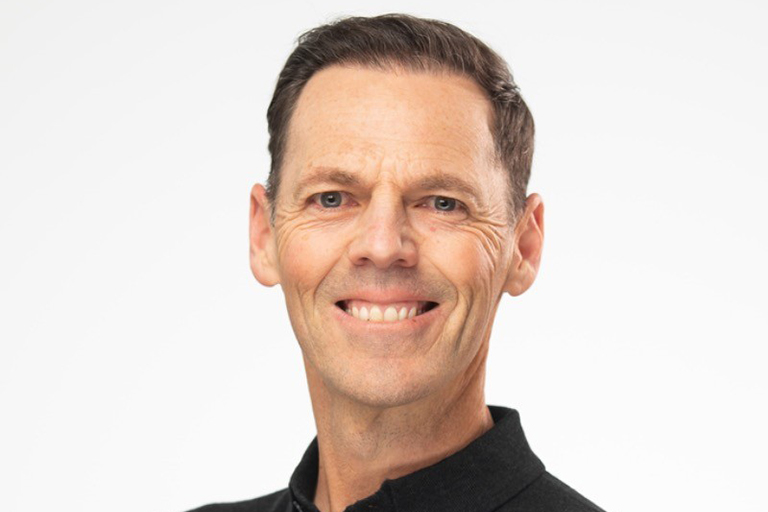
SkyCity Entertainment Group’s new CEO has over two decades of experience in gaming.
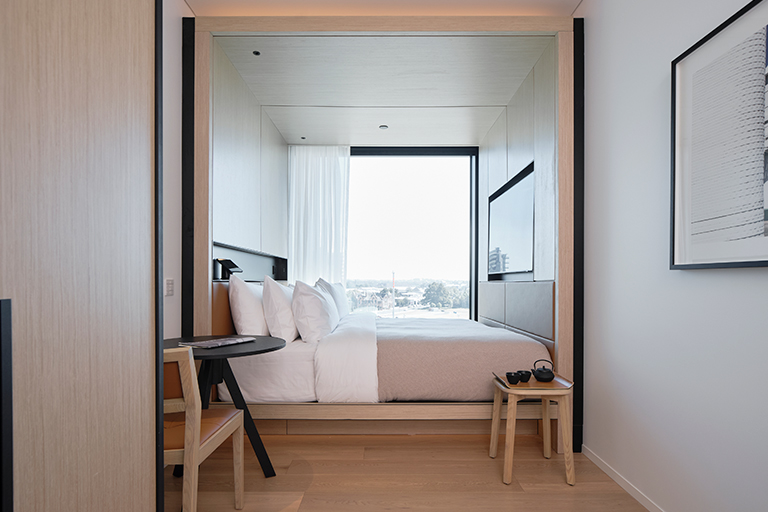
Little National Newcastle has opened in the biggest regional centre in New South Wales.
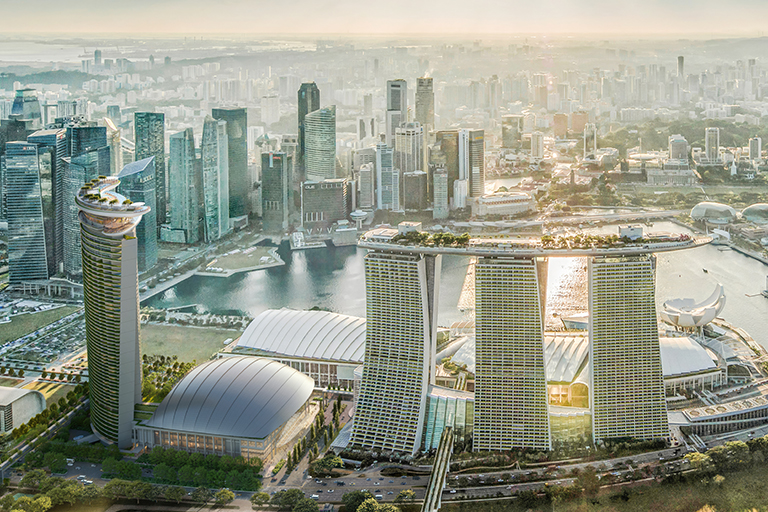
One of Singapore’s most eye-catching developments is set to get bigger.
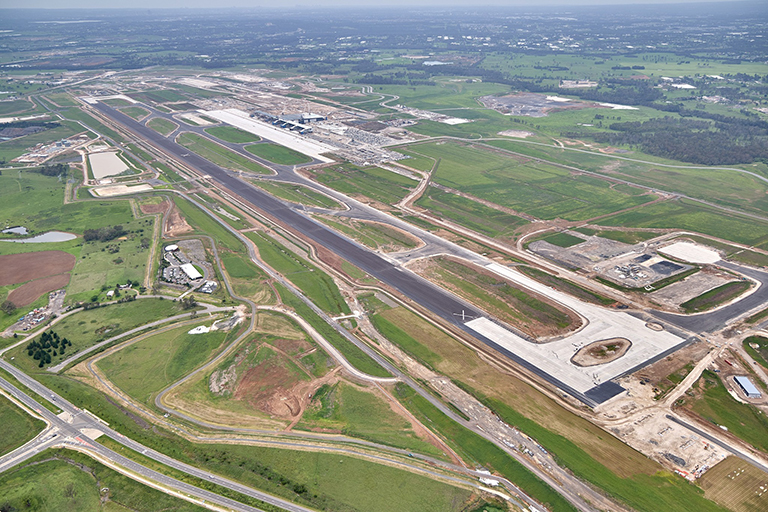
With less than one thousand days until Western Sydney International Airport opens, new opportunities are materialising.
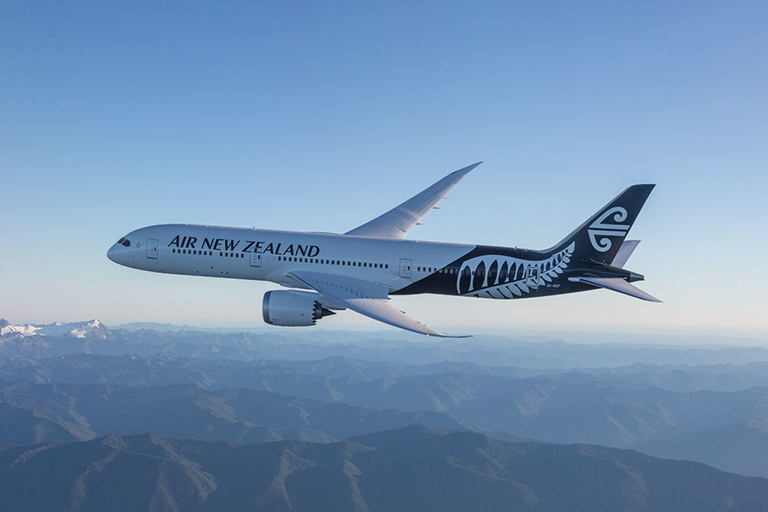
New Zealand’s national carrier has signed a deal for nine million litres of sustainable aviation fuel (SAF) all